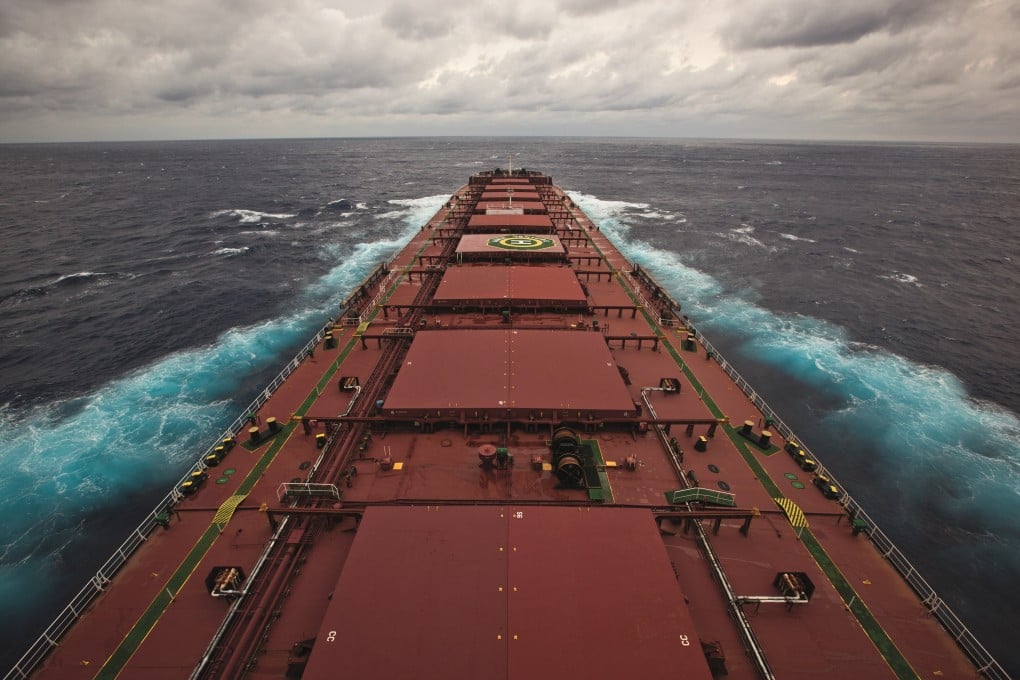‘Prisoners at sea’: stuck on board cargo ships, crews find their mental well-being under threat
They man the merchant ships that keep global trade flowing, but coronavirus restrictions mean thousands of seafarers are unable to return home. After months at sea, stress, fatigue and time away from loved ones is taking its toll.

When Captain Bejoy Kannan boarded the oil tanker China Dawn on December 1, 2019, he expected the voyage to be much like any other during his 25-year career at sea. He would work hard, do his time and likely be home before his four-month contract ended. But coronavirus restrictions have meant that “there are seven of us who have exceeded our contract”, says Kannan, speaking by phone from his ship in the South Atlantic Ocean. “We are stuck at sea, we are prisoners at sea.”
Sailing from Australia to South Africa in mid-March, Kannan and six of his crew expected to be relieved and fly back home to their families, but four days before the China Dawn reached Port Elizabeth, he received the news that South Africa had banned entry to seafarers. Three days later, his native India went into lockdown and all flights were cancelled.
“We have nowhere to go,” he says. “The company was trying its best to take us off, but where will we get the relief, where will they let us off?”
The pressures kept mounting. From Port Elizabeth the ship sailed to Brazil, where it was expected to load cargo, presenting another challenge – were the dock workers coronavirus-free? From the deck, Kannan and his crew observed that no one was wearing a face mask, nor were they social distancing.

Kannan stood his ground and refused to let anyone on board while he contacted his ship’s management. This was a bold move. Chartering an oil tanker costs tens of thousands of dollars a day, so every hour lost eats into profits. Fortunately, the Wallem Group is one of the more supportive ship management firms and it negotiated that only eight men would come aboard, all wearing face masks and gloves, but “[the pilot] was touching things on the ship”, says Kannan.
“We were worried that if the gloves were infected, they might infect some of the equipment. We will only know in 10 days or more. We’ve been checking the crew’s temperatures daily.”
